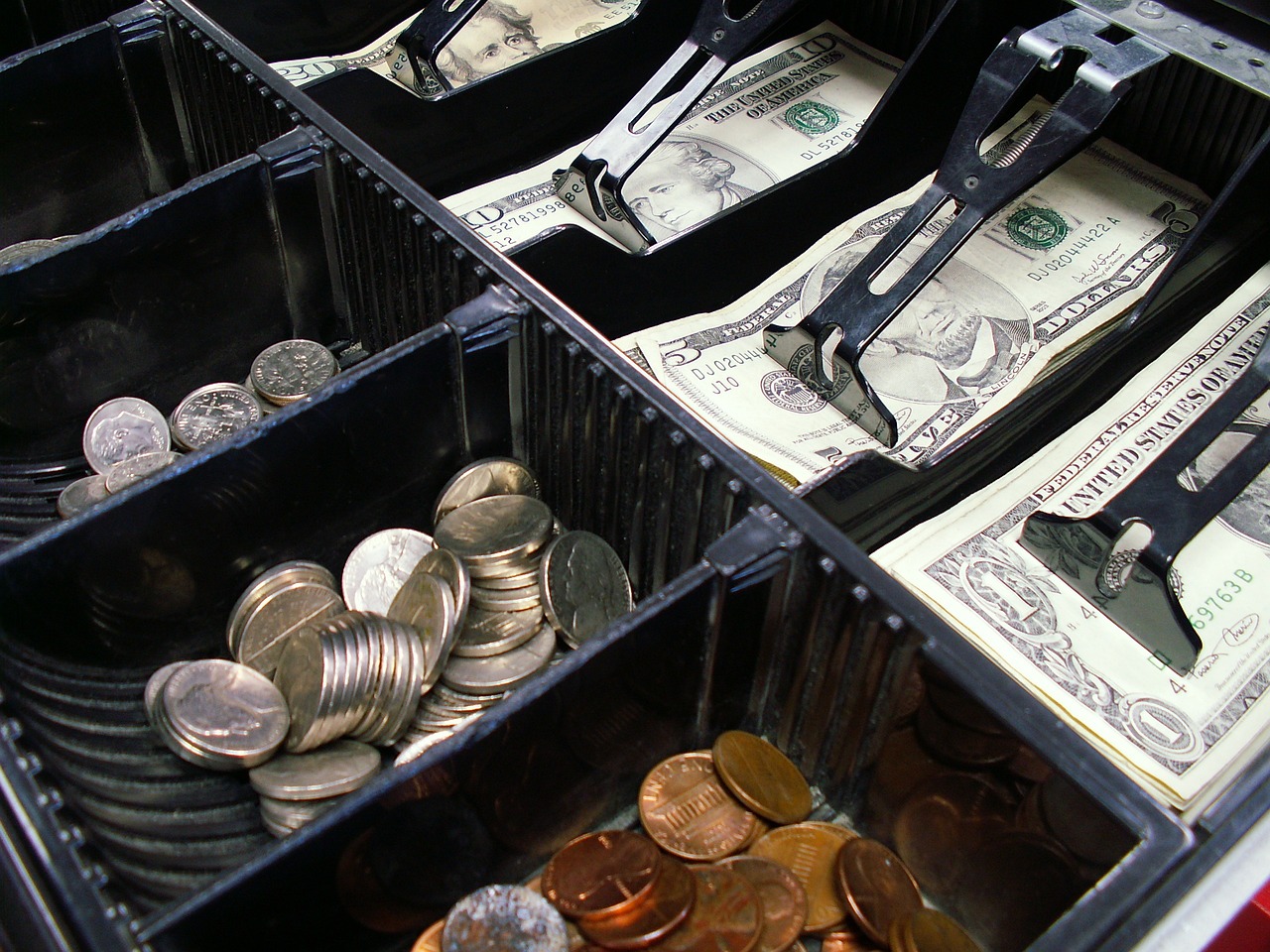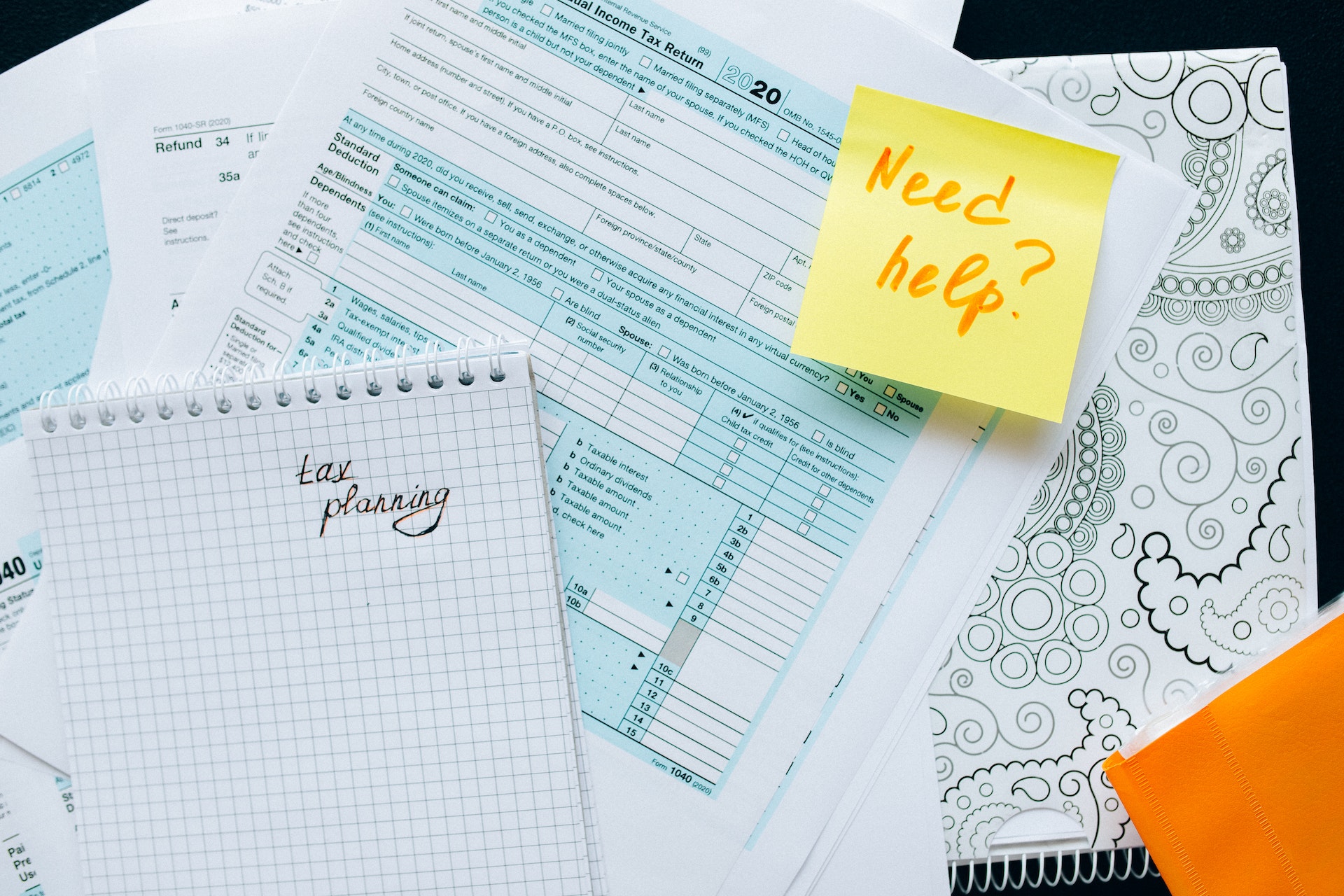Meet Nathan
Nathan was referred to us right before his sale closed. He was selling a multi-family property that he had owned forever, and he would net out 12 million following the sale. There was no debt on the property. When a client is considering selling and the sale price has eight digits, taxes are a big consideration. Nathan’s situation was no different.
Nathan and his wife were in their mid-70s and were very concerned about preserving their estate. Nathan had been looking at buying triple net restaurant properties with no debt in order to keep his money “safe.”
No Debt Means No Tax Savings
It is a common sense understanding that less debt is better. However, things are a bit different in tax situations. When it comes to taxes, having more depreciation deductions means having more trade-up basis. Trade-up basis comes from buying more property than you are selling. If you sell for $100 and buy for $100, you have no trade-up basis. If you sell for $100 and buy for $200, you have $100 of trade-up basis. To get trade-up basis, you need to either incur more debt or add more cash. In most cases, debt works best.
Nathan had very little carryover basis. With $12,000,000 to invest, he was going to achieve between $600,000 and $700,000 in annual income. No trade-up basis meant he would be paying about $250,000 in taxes each year, which totals $2,500,000 in taxes over the course of ten years. When this significant loss of wealth was explained to Nathan, he had obvious concerns.
Discussing the Options
After discussing the the potential tax that would be incurred by investing in all-cash deals, it became apparent that Nathan didn’t want to pay that much. After doing some “back of the napkin” estimates and told him that if he bought properties with 50% leverage, an extra depreciation deduction of $2,500,000 would be achievable. These deductions, along with the regular depreciation from trade-up basis, would mean no taxes paid for at least the next five years. We ended up talking for about two hours. Nathan’s head was spinning from all the new information.
And the Winner Is
Nathan put $1,450,000 into a no-debt commercial project. The rest of his money will go primarily into DSTs that are about 50% leveraged. He is also taking some boot, because he has stock losses that will shelter the boot. The purchases and calculations are not fully completed yet, but it looks like Nathan will come out well. He won’t need to use bonus depreciation, but he will use cost segregation to make sure his taxes stay low for the next ten years. His estimated tax bill over the next ten years for the income on the replacement property is about $300,000.














